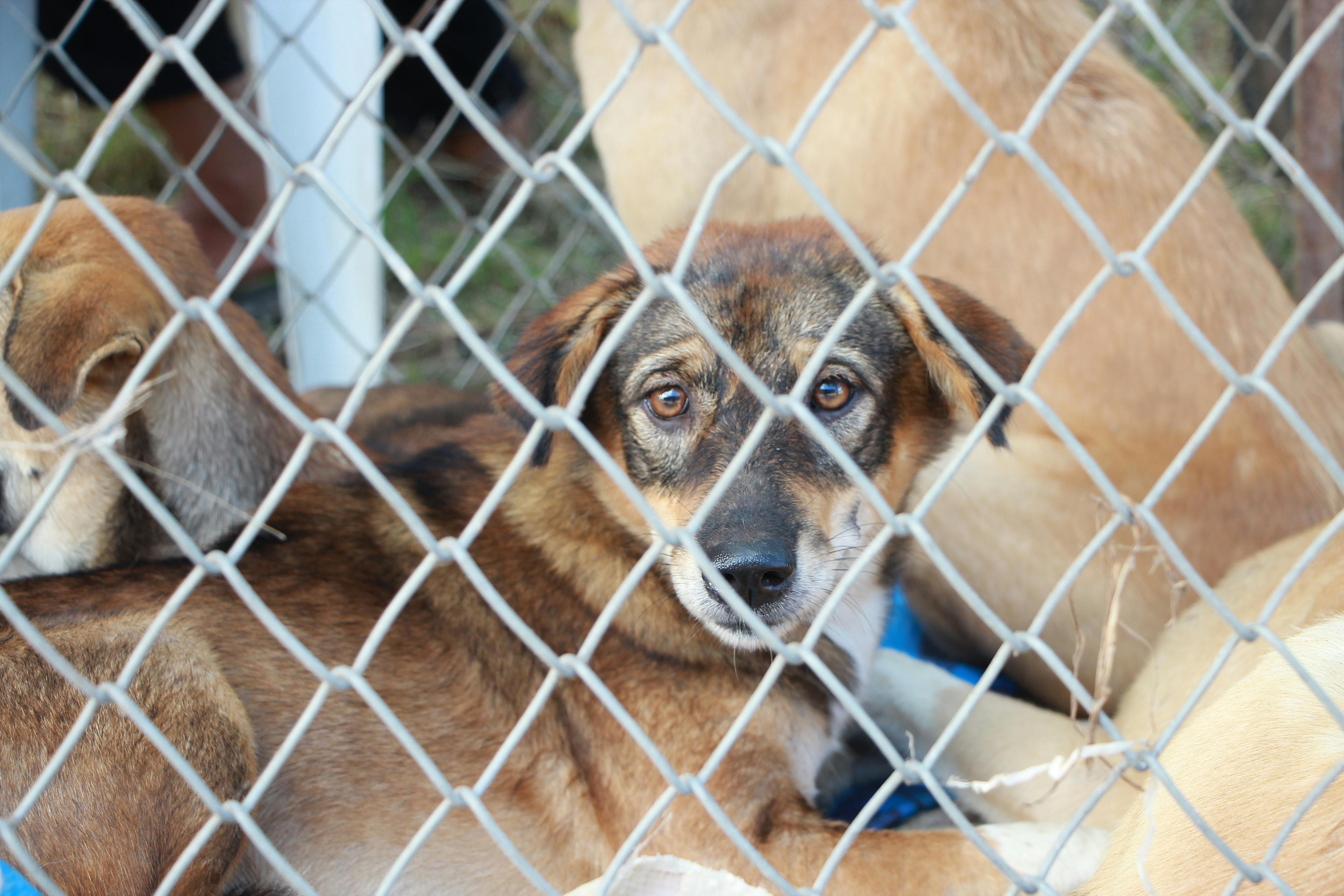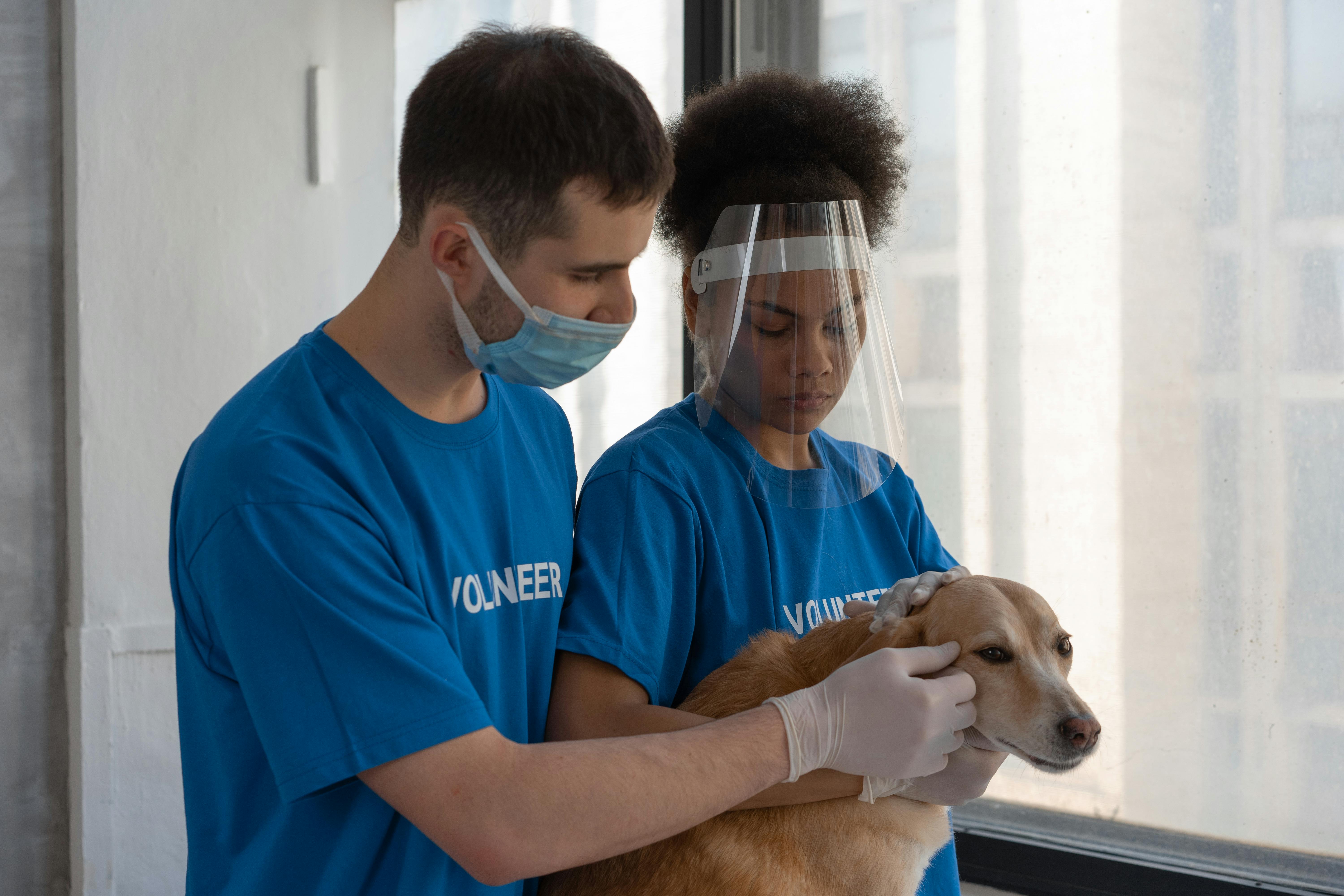Across the United States, millions of dogs are feeling the pressure of a crisis that often goes unseen: overcrowded animal shelters. If you’re reading this, chances are you love dogs as much as we do—and you want to do more than just worry. The good news is there are immediate, practical steps each of us can take, no matter our schedule, living situation, or budget. Let’s dig into the why and, most importantly, the how.

Why Are Animal Shelters Overcrowded in 2025?
At DogDog, the numbers pain us because they represent countless wagging tails waiting for a second chance. Every year, around 7.3 million dogs and cats enter shelters, and this year, the situation is especially challenging. Here’s why:
- Housing instability: As rents rise and affordable, pet-friendly housing options dwindle, more families are forced to surrender beloved pets.
- Economic pressure: Higher costs of living and unexpected life events mean some can no longer afford pet care or veterinary bills.
- Lack of veterinary access: Some regions face a shortage of affordable pet care, leading to more surrenders when medical needs go unmet.
- Slower adoptions: Especially for large-breed and older dogs, stereotypes and restrictions keep these loving animals in shelters longer.
As a community of dog lovers, we know that every empty kennel could mean a life saved.
What Overcrowding Means for Dogs and the People Who Care for Them
- Dogs endure stressful, cramped conditions that affect both their physical and mental well-being.
- Shelter staff and volunteers are spread thin, navigating emotional and logistical challenges just to maintain basic care.
- Communities shoulder the burden too, from the heartbreak of euthanasia to the missed opportunity of loving adoptions.
5 Action Steps to Help Shelter Dogs Right Now
1. Adopt a Dog—and Open a Door for Another
Adoption is a direct, powerful way to save lives. When you bring a dog home, you make space for another at-risk animal. Shelters often provide vaccinations, microchipping, and spay/neuter surgery with each adoption, making it easier for you to start your new life together. If you’re ready, contact your local shelter or rescue. Focus on the dogs waiting the longest—large breeds and seniors are especially overlooked gems.
If you’re weighing this step, our blog on choosing the best dog shelter for adoption has tips to navigate the process and ensure it’s a good fit for your household.
2. Foster: Saving Lives, One Couch at a Time
Maybe you can’t commit to adoption right now. Fostering provides a lifeline, giving dogs a break from noisy kennels and a chance to shine in a home. Fosters are critical for puppies, seniors, and dogs with medical needs. Most shelters supply food, vet care, and support—what you give is love and a safe haven.

- Foster for a few days, a week, or until adoption—every day makes a difference.
- Help promote your foster dog on social media to find a forever home.
- Learn more about fostering and how to set up your home for success with our guide on easing the transition for rescue dogs.
3. Volunteer: Lend Your Hands, Heart, or Skills
Even a single hour at your local shelter has value. Volunteers walk, feed, and play with dogs, clean kennels, assist with medical care, take photos, run adoption events, and help with transportation. Behind the scenes, shelters always need help with admin, fundraising, web support, or spreading the word online (digital volunteers count too!).
- Dog walking and playtime help dogs stay healthy and reduce stress, boosting their chances for adoption.
- Pet photography and social media posting dramatically increase adoption rates—those irresistible photos are often their ticket home!
- Learn about other easy ways to pitch in on our post about ways to help without adopting.

4. Donate Money, Supplies, or Raise Funds
Shelters depend on community donations to operate. Beyond typical food and bedding, shelters need cleaning supplies, toys, treats, leashes, and enrichment items. Monetary donations are often the most flexible, letting shelters redirect funds where they’re needed most—emergencies, medications, or transport.
- Even $10 per month buys meals for a dog or covers vaccinations.
- Organize a fundraiser in your social or professional network—every dollar or can of food matters.
- Did you know? At DogDog, every web search you make helps raise money to feed shelter dogs or fund their routine health check-ups. It’s a free and effortless way to support the cause daily.
- You can read more about how microdonations and small online actions can add up to make a big difference in this post.
5. Become an Advocate: Use Your Voice
The more people talk about overcrowded shelters, the more pressure there is for solutions. Spreading the word can lead to changes that save lives, such as increased funding, better housing policies, and community support for fosters and adopters.
- Share adoptable dogs and urgent shelter needs on your social platforms.
- Encourage your company or local businesses to participate in fundraising or adoption drives.
- Engage with local decision makers and advocate for pet-friendly housing policies.
- Educate friends and family to dispel myths about shelter animals—large-breed and senior dogs make excellent, loving companions!
Donor Impact—Real Change Through DogDog
This isn’t just theory—here at DogDog, we’ve seen dollars in action. Donations through DogDog and our sister project, Goodsearch, have helped save thousands of dogs nationwide. For example, Miss Daisy was rescued from a puppy mill with serious medical needs. Funds raised through DogDog gave her critical surgeries, restoring her vision and hearing. And Frenchie, pulled from a dumpster, survived multiple life-saving surgeries thanks to donations sourced simply from people searching the web.
These are the results of collective small actions, and they show what happens when a community acts together.
Quick Actions: How You Can Get Started Today
- Check your local shelter’s adoption or foster page to see what’s needed most right now.
- Volunteer for an afternoon—ask if you can walk dogs or help with outreach events.
- Start your next web search with DogDog—each search is a chance to help a shelter dog get fed or cared for.
- Share this article with fellow dog advocates to encourage more people to join the effort.
Every Small Step Matters—Let’s Help Together
No matter your situation, there’s a way to make a difference. Foster for a weekend, donate a bag of kibble, walk a shelter dog, or simply use DogDog for your online searches. You’ll be joining a movement of people who believe every dog deserves comfort, care, and a shot at happiness.
If you want to learn more about how you can support shelter dogs digitally, check out our guide to small online actions. Each of us holds a piece of the solution. Together, we can tackle overcrowding—and transform lives, one wag at a time.
Ready to start? Switch your default search engine to DogDog and help shelter dogs with every click. Because we believe that no dog should ever go hungry or without care—thank you for making a difference with us.
